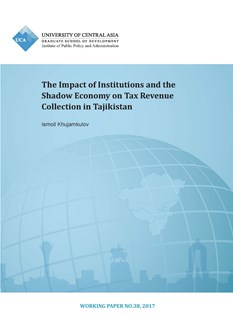The Impact of Institutions and the Shadow Economy on Tax Revenue Collection in Tajikistan
By employing comparative data, this paper addresses a central question: why is tax collection in Tajikistan lower than in other transitional countries? It presents a comparative analysis of the role of weak institutions and a shadow economy in determining the low level of tax effort measured by Tajikistan’s tax-to-GDP ratio. By tracing the origins of Tajikistan’s tax system to the 1980s, presenting the available data and relating the results to recent literature, this paper finds that the most likely causes of insufficient tax revenue stem from the low quality of government institutions and the increased share of the shadow economy, which offers an alternative to navigating the institutions and administration of existing tax policy as suggested by previous studies.
With the public finances of Tajikistan hampered by these constraints, policies that aim to develop alternative sources of tax revenue collection, construct stronger institutions and streamline the design of VAT collection offer prospective sources to generate greater revenue. Building higher quality institutions could perhaps be done more quickly and with less difficulty than changing the structure of the economy or dramatically increasing the levels of taxation, but all options pose challenges. Despite some of its current drawbacks, VAT is still easier and less costly to implement, less prone to tax evasion and underground economic activities, and more likely to facilitate compliance.




